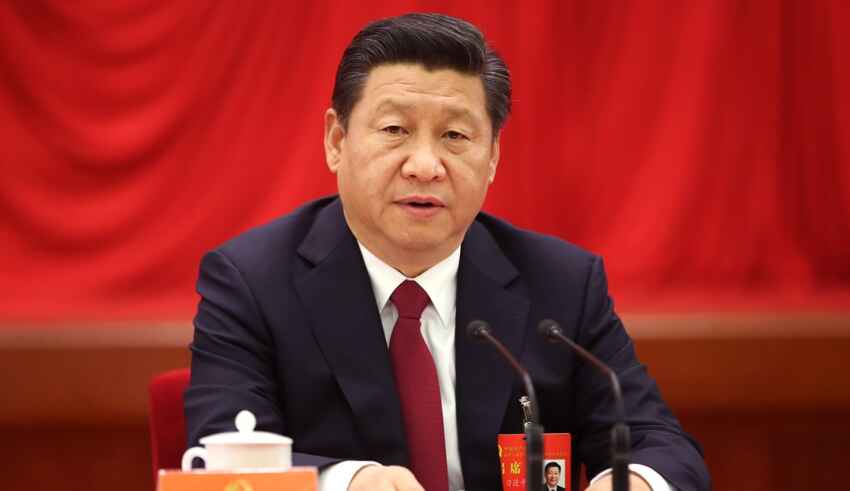
China has been earning accolades for their fight against climate change and environmental degradation. The Paris Agreement was a crucial turn for China in regulating its environmental policy. Today, China is international recognition for its efforts to tackle the environmental issue within. However, the Chinese Government, through their foreign direct investment, has managed to vex havoc in other parts of the globe. China, in recent years, has been hailed as a strong investor in developing countries with its Brick and Road Initiative and other investments in South America and South-China sea. However, these Chinese investments come at a cost. Cost of environmental damage.
Environmental Repercussions of China’s Belt and Road Initiative
The Belt and Road Initiative is China’s master plan to achieve socioeconomic as well as geopolitical significance, a task which they seem to be successfully accomplishing. The trillion-dollar project focuses on sectors such as transportation, communication, and energy networks across more than 60 countries in Eurasia, Oceania, and Africa. However, many of Belt and Road’s corridor projects are envisioned to pass through ecologically sensitive areas in these countries. In Asia, BRI Projects in Indonesia are assessed to harm the geographically important Sumatra islands. In Cambodia, the proposed dam over River Mekong has the potential to endanger the aquatic life of the region.
The African continent was enthusiastic about welcoming Chinese Investment as it could alter the economic status of many nations with the African Union by overcoming the infrastructure gap and creating of jobs. Historically reliant on the west for aid, Africa was ready to break the vicious cycle of pity from nations like the US. In pursuit of this, the Chinese who approached with a (false sense of) equality was welcomed. However, the Chinese investment has started to look more like the Chinese invasion. Ghana’s environmentalists have reported the exploitation of the local marine life by the Chinese, who now own 90 per cent of fleets in Ghana’s fishing community. The BRI also has coal power plants in the region despite President Xi Jinping’s promise to eliminate coal from the BRI project.
In its quest for ‘peaceful’ global dominion, Chinese Investments have also reached South America. Today, China is the top trade partner for countries like Brazil and Peru. The BRI project also includes the Latin America region, which was traditionally reliant on the U.S. for investments. However, many projects in Argentina, Bolivia, Brazil, Chile, Colombia, Ecuador, Mexico, Peru and Venezuela are located in areas of ecological importance, and the BRI project is estimated to have a long-term impact on the environment. Many projects would affect the flow of water bodies and wetlands.
It is only natural that any imbalance in the ecological rhythm of a region has a profound impact on the indigenous people who are often reliant on nature and ecology for their day-to-day life. However, the indigenous communities in the region have not been altered, let alone consulted about infrastructure projects in the region. Therefore, the repercussions arising from the BRI project is not only an environmental issue but also an indigenous one.
Environmental Repercussions in the South-China Sea
The environmental issue along the South-China Sea is not a new one. Beyond China’s military involvement in damaging the ecosystem in the South-china Sea, Chinese investment in the region is aggravating the situation. In the Philippines, Chinese developments are causing a major threat to Paradise Reef. Chinese construction activities and overfishing on the fishing stocks of the region have further damaged the ecological balance in the region.
While economic growth is the pillar of any nation, it is important to carefully evaluate the price the nation pays to attain it. Governments must scrutinize foreign investment before entering into a contract which often lacks transparency and accountability to the difference in power dynamics. China’s efforts to build economies of developing countries should be appreciated, but it would be foolish to understate the benefit that these initiatives bring to the table for China. While sustainable development is more time-consuming and expensive, the harmful effects of China’s ‘investment’ in the environment could be disastrous. It is important that the international community raise its voice against China for its double standards. Whilst taking measures to protect one’s own nation and its eco-system, creating long-term environmental damage on developing nations in the pretext of investment must be stopped. The real cost of Chinese OFDI should not be a trade-off.
By The European Institute for International Law and International Relations.















